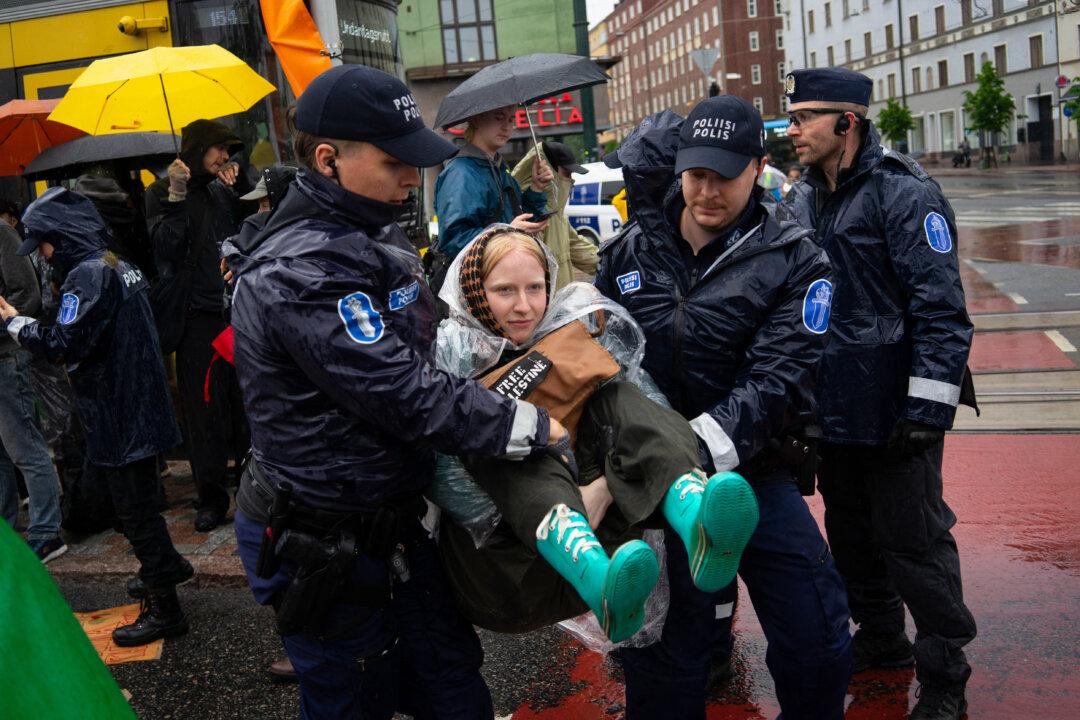Commentary
Here in the United States, our global geopolitical focus tends to be transoceanic; that is, our primary concern has long been communist powers on the other side of the world—first the Soviet Union beyond the Atlantic and Europe, and more recently, the People’s Republic of China across the Pacific.





